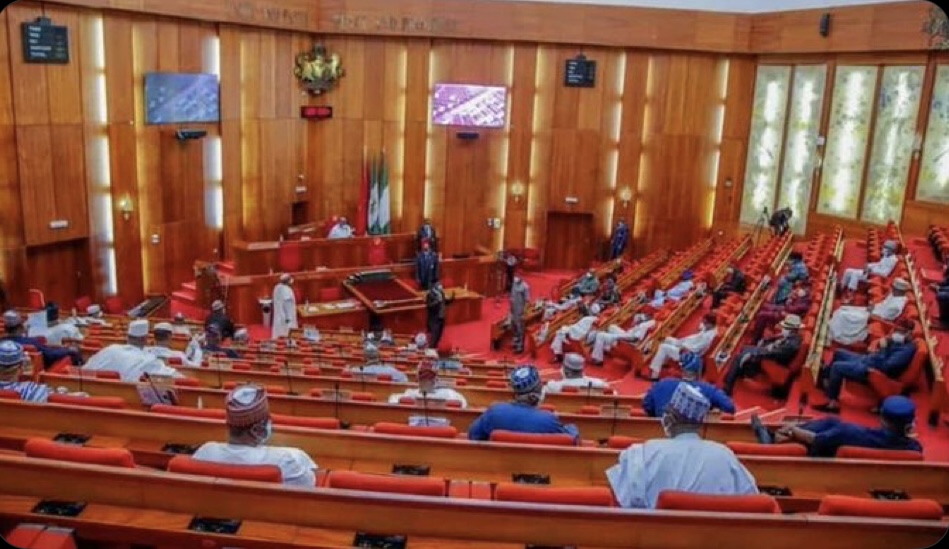Nigerian Professors Demand ₦2.5 Million Monthly Salary

University professors across Nigeria are demanding a substantial salary increase, insisting that the Federal Government raise their monthly pay to at least ₦2.5 million.
The demand comes amid growing frustration over poor remuneration, rising living costs, and the government’s failure to implement long-standing agreements with the Academic Staff Union of Universities (ASUU).
At demonstrations held on several campuses this week, academics described their current wages as “unlivable.” Under the existing Consolidated University Academic Salary Structure, professors earn between ₦525,000 and ₦633,000 per month, while junior lecturers receive as little as ₦125,000.
Protesters argued that the figures have remained stagnant for years, despite inflation and repeated promises of review.
Professor Remi Aiyede of the University of Ibadan said the demand is rooted in fairness and global comparison.
“Across Africa, professors earn between $2,000 and $4,000 a month, which translates to between ₦2 million and ₦4 million. Asking for ₦2.5 million here is not extravagant, it is the bare minimum,” he said, adding that a government-commissioned report once recommended similar pay.
At the University of Lagos, Professor Abigail Ndizika-Ogwezzy highlighted the high cost of living in urban centres. “In Akoka, rent for a modest flat is ₦3 million a year. When you add school fees, transportation, and healthcare, anything less than ₦2.5 million cannot sustain a professor,” she explained.
Other scholars underscored the wide disparity between academic pay and political office earnings. Professor Sheriffdeen Tela of Babcock University lamented that many professors take loans to survive while lawmakers earn several times their salaries in allowances.
“We should not be talking about loans. We should be talking about justice,” he said.
Former ASUU President, Professor Emmanuel Osodeke, warned that inadequate pay is driving brain drain and weakening the university system.
“If Nigeria wants to retain its brightest minds, it must pay them appropriately. Anything less than ₦1 million to ₦5 million for professors is unsustainable,” he noted.
The renewed agitation revives the long-standing dispute over the 2009 FGN–ASUU agreement, which included promises of better salaries and working conditions but remains largely unimplemented.
With inflation at record levels and economic hardship deepening, the call for a review has grown louder.
Stakeholders say that unless the Federal Government addresses the issue urgently, Nigeria risks further strikes and the continued exodus of academics to better-paying systems abroad.









